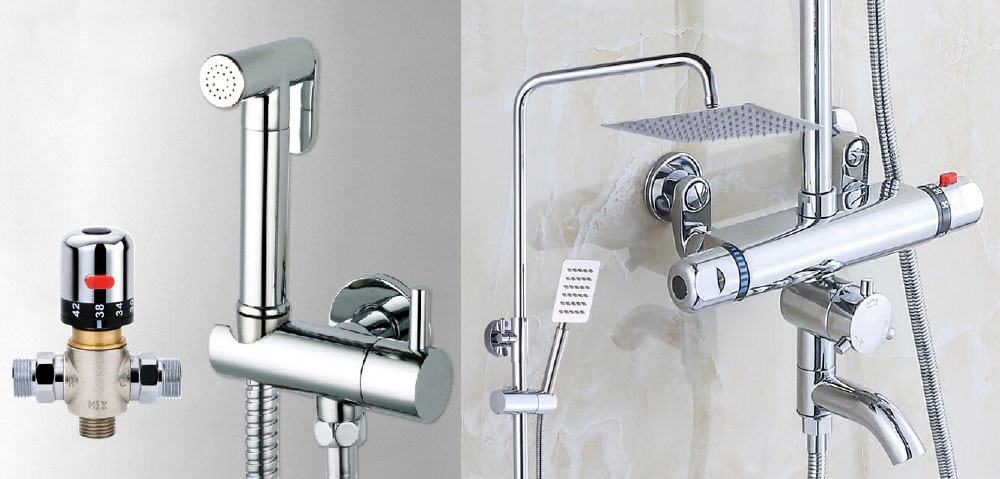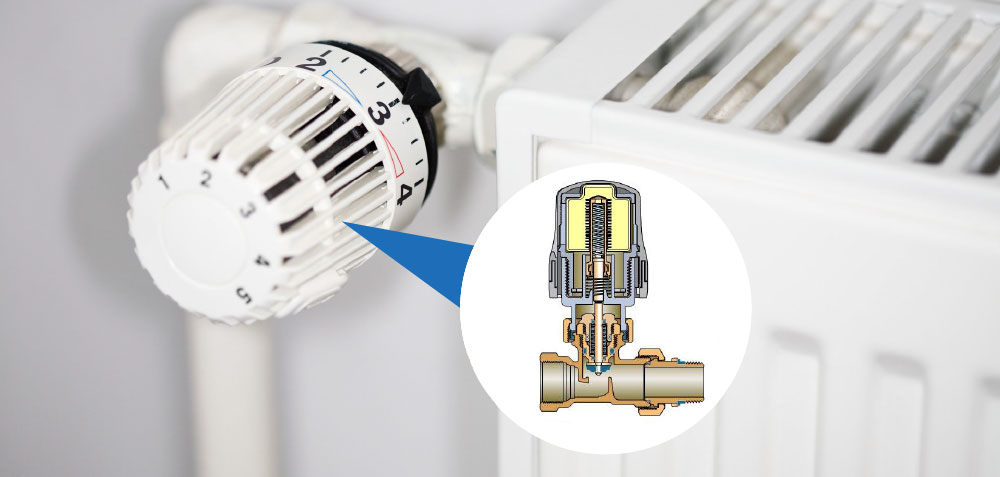At present, there is a general contradiction between the demand for enterprise talents and the cultivation of university talents in China’s higher education, which reflects the separation of theoretical teaching and practical teaching in teaching. This paper takes Electrical Appliances and Programmable Controller as an example to discuss the application of project-driven teaching mode. This paper analyses the key role of project-driven teaching method in teaching reform, and deeply studies the design principles of project-based teaching content and the design and implementation of project-based teaching method. Finally, it evaluates the teaching effect under the project-driven teaching mode. So as to exercise students’application ability and innovative thinking of using programmable controller. At present, there is a general separation between theoretical teaching and practical teaching in higher education.

Taking the course of Electrical Appliances and Programmable Controller as an example, the assessment methods and teaching methods pay attention to students’mastery of theoretical knowledge and neglect students’ application ability of professional knowledge, which leads to students’difficulty in understanding abstract theoretical knowledge and insufficient cultivation of students’ application ability. Electrical Appliances and Programmable Controller is a practical and widely used course. It is oriented to different control objects and control processes and has strong adaptability and high reliability. This paper explores the application of project-driven teaching in Electrical Appliances and Programmable Controller. Project-based module teaching takes students as the main body, pays attention to stimulating students’potential and practicability of teaching content, training students’ skills and promoting students’practical ability. Project-driven teaching method is a new open, inquiry and grouping teaching method. This teaching method scientifically integrates two ways of knowledge dissemination.

Teachers as instructors only need to teach theoretical knowledge in each project as a “lead” to learners; students as learners in a specific project scenario, in groups as a unit, understand, digest, use the corresponding theoretical knowledge, complete the project, and build their own knowledge system. The new knowledge system includes not only the promotion and deepening of existing knowledge and experience, but also the questioning and interest of unknown knowledge. Project-driven teaching method can stimulate learners’interest and desire for knowledge to the greatest extent, and cultivate learners’ ability of autonomous learning, problem analysis, problem solving and spirit of cooperation, innovation and exploration. The key of project-driven teaching method lies in the design of teaching projects. In the design of teaching project, we must pay attention to scientific, practical and professional orientation.
In the design of the project, the following principles should be paid attention to: 1) the feasibility of the project. The project should be close to students’daily learning life. For students, the project should be interesting, familiar and easy to understand, such as electric drill control circuit design, elevator control system design, etc.

2) The design of the project is moderately difficult and gradual. 3) The project should have the background of engineering application as far as possible, form the teaching situation of project implementation, and create an open teaching environment for students. 4) The design of the project reflects comprehensiveness. It can not only link up existing knowledge with new knowledge naturally, but also synthesize interdisciplinary knowledge.
Based on the characteristics of “project-driven” and “electrical appliances and programmable controllers” course practicality and engineering characteristics, combined with the teaching content, syllabus, teaching plan and the gradual learning rule, the actual project to meet the expected effect is formulated. For complex projects, it can be divided into several sub-projects, and it is clear that each sub-project can be divided into several sub-projects. Indicators of capacity development for each project. According to the above requirements and the characteristics of Electrical Appliances and Programmable Controller, the following teaching projects are designed, thermostatic element as shown in Table 1. In the process of teaching, before the beginning of the course, students are divided into several groups, each with 3-4 people. Teachers will run the project background, relevant cases and theoretical knowledge involved in the project through the whole theoretical teaching process. Secondly, students will complete the project independently (rationally allocating theoretical teaching and project reality). Application time).
Members of the group discuss, collaborate and complete the project. The assessment system of Electrical Appliances and Programmable Controller is an organic combination of process evaluation and summative evaluation. The form of process assessment focuses on students’knowledge innovation ability, practical ability and learning attitude in the process of project completion. The process assessment runs through the whole process of implementing all the sub-projects in this course. The implementation of the final assessment form (combining project assessment with self-learning ability assessment) is the traditional final examination. The final student’s achievement in this course is the total result of the process evaluation and the final evaluation after quantification. Scientifically formulate the evaluation criteria of quantitative procedural assessment and final assessment. The new assessment system pays attention not only to the examination of theoretical knowledge, but also to the examination of practical ability and learning attitude.

In view of the current teaching situation of Electrical Appliances and Programmable Controller in electrical engineering and automation specialty, this paper puts forward new teaching methods of “project-based curriculum content”, “cooperative teaching methods” and “competency-based assessment methods”. According to the characteristics of Electrical Appliances and Programmable Controller course and the principle of project-driven teaching, corresponding teaching syllabus, teaching plan, assessment methods and assessment standards are formulated. Stimulate students’learning initiative, improve students’ professional knowledge and practical ability, realize the integration of teaching, learning and doing, and train applied technical talents.
